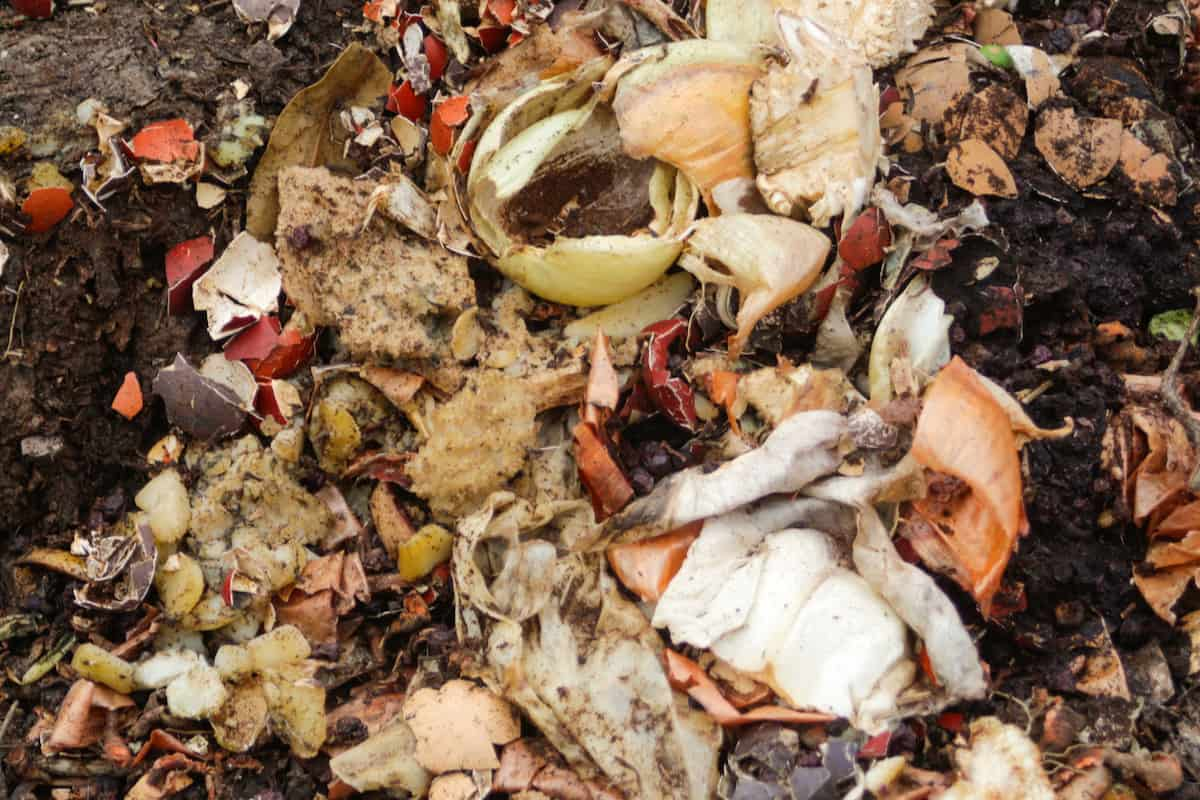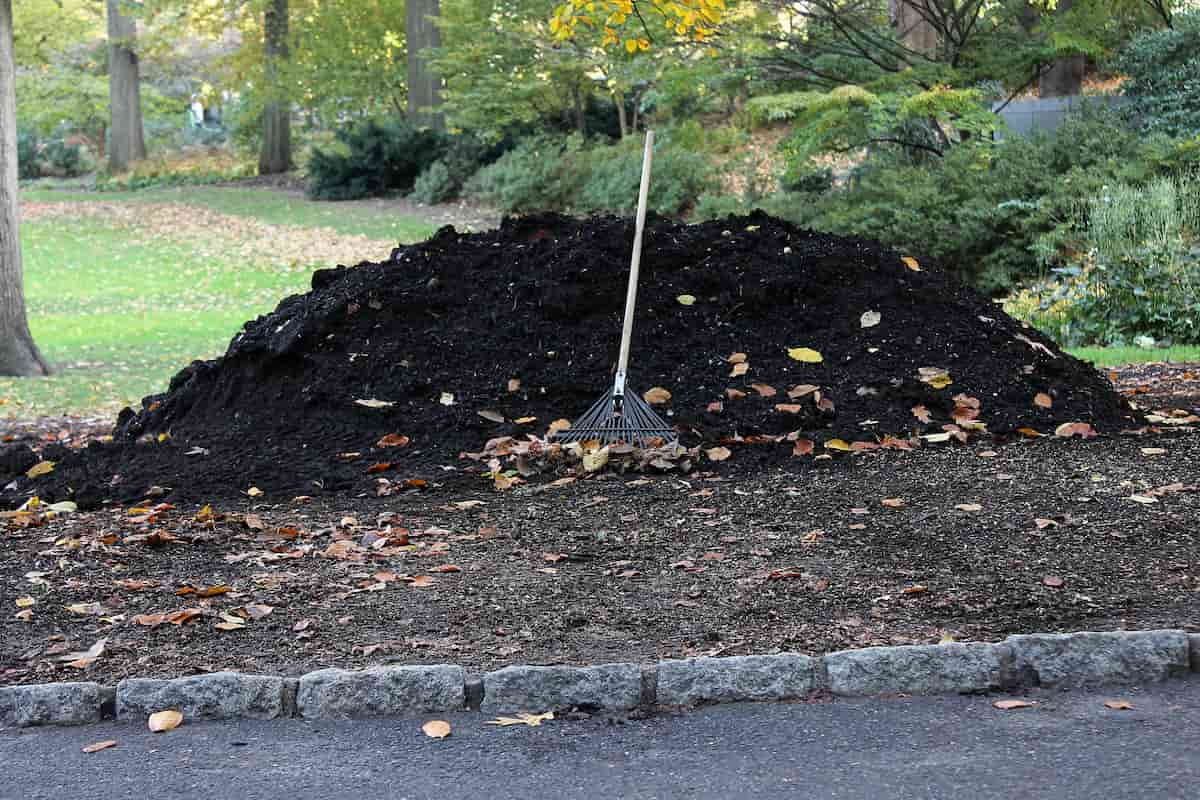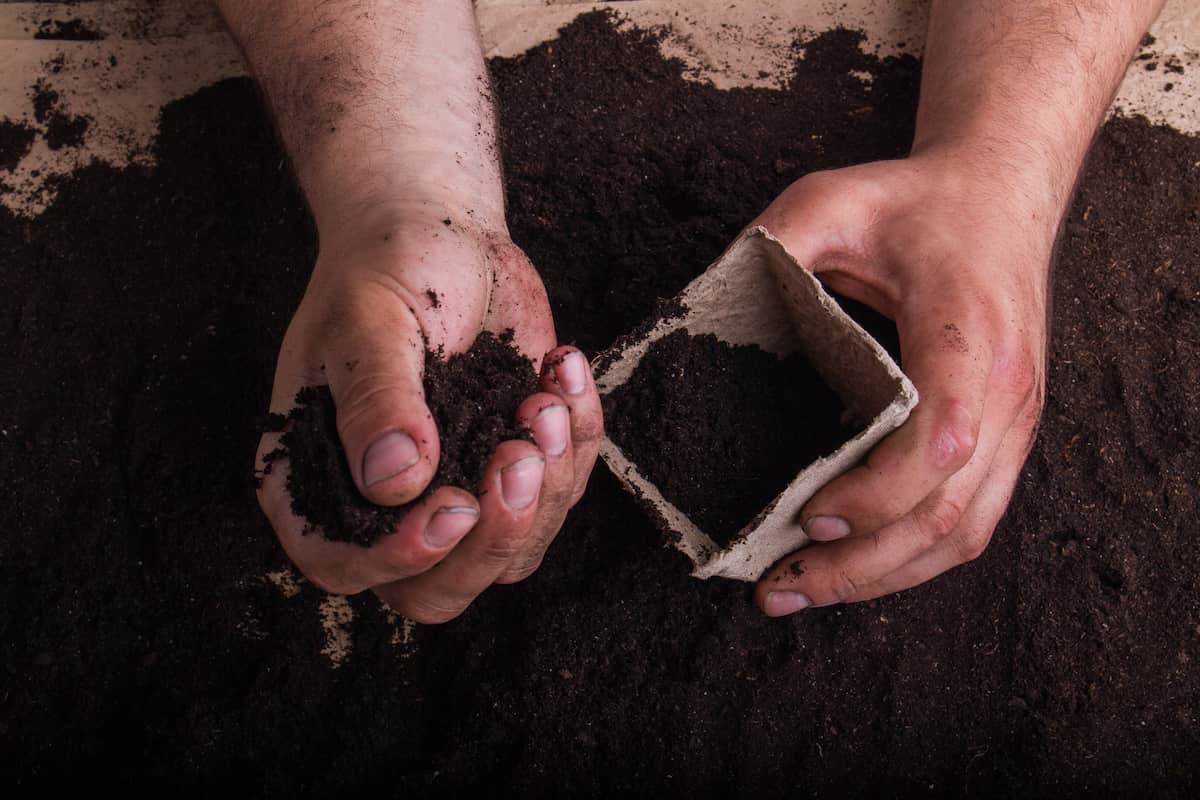Composting is an eco-friendly way of recycling organic waste and turning it into nutrient-rich soil. With more people becoming environmentally conscious, the demand for compost is on the rise.

How to Start a Composting Business
What is Composting?
It is a natural process that transforms organic waste into nutrient-rich soil. It involves decomposing organic matter such as food scraps, yard waste, and other biodegradable materials under controlled conditions.
Benefits of Composting Business
- By starting a composting business, you are helping to reduce landfill waste and greenhouse gas emissions. Instead of sending organic materials to landfills where they release methane gas (a potent greenhouse gas), you will use these materials to create valuable compost.
- During composting, microorganisms break down the organic material into smaller particles, releasing nutrients plants can use to grow. The result is a dark brown or black substance known as humus which makes an excellent fertilizer for gardens and crops.
- Composting helps reduce waste and greenhouse gas emissions by diverting it from landfills, where it would have contributed to methane production. Composting also encourages healthy soil ecosystems by promoting beneficial microbes and earthworms.
- Compost has many benefits, including improving soil health, increasing crop yields, and reducing water usage in agriculture.
- Starting a composting business also allows you to tap into multiple markets.
Steps to Start a Composting Business?
- Starting a composting business can be a great way to turn waste into profit while helping the environment.
- Select an appropriate site for your composting operation. You’ll need space for the compost piles and easy access for vehicles and machinery.
- Next, research which composting method you want to use – heap or onsite composting. You could even consider starting a vermicomposting business using worms to break down organic material.
- Once you’ve decided on your methods, it’s time to plan out your business. Identify your target markets and create a marketing strategy to reach them effectively.
- Before starting operations, ensure you obtain all necessary permits and licenses required by local regulations. Getting proper insurance coverage for your business is also important in case of accidents or liabilities. Keep in mind that successful compost businesses need dedication and hard work.
Select an Appropriate Site to Start a Composting Business
- The location should be accessible for waste collection and suitable for compost production. A good site should have enough space to accommodate different types of waste, including food scraps, leaves, yard trimmings, and manure.
- When selecting a site for your composting business, it’s important to consider factors such as zoning regulations and environmental concerns. You don’t want to set up your business in an area that violates zoning laws or could cause pollution problems. Additionally, you’ll need to ensure that the site has access to water and utilities.
- Another consideration when choosing a location is proximity to potential customers. If you plan on selling your finished compost locally, then it makes sense to choose a spot near marketplaces or gardening centers.
- Safety needs must also be considered during the selection process since heavy machinery may be involved in turning piles of organic matter over time.
Types of Composting Methods
Heap Composting involves creating a pile of organic waste material in an open space. Due to its lack of structure, this method requires little investment but can take longer to produce compost than other methods. Onsite Composting involves creating a smaller-scale compost pile on your property using food and yard waste from your home or business. This method produces rich soil faster than heap composting but may require more maintenance and management.
In case you missed it: Bokashi Composting Process: Making Explained in 7 steps

How Does a Compost Business Make Money?
- A compost business makes money by selling high-quality organic fertilizers to farmers, landscapers, gardeners, and homeowners. The demand for compost is growing rapidly.
- The price of compost depends on its quality, which is determined by factors such as the type and proportion of raw materials used in making it, the duration and method of composting, and any additional processing or screening steps taken to achieve a finer texture.
- Compost businesses can generate revenue through direct sales at local markets or online platforms. Some may also offer delivery services with additional charges depending on location.
- Other sources of income for a compost business include consulting services related to soil health management and offering educational workshops about sustainable agriculture practices. A successful composting business requires careful planning and execution but has significant potential for growth in today’s eco-conscious market.
Get the Necessary Permits & Licenses for Your Compost Business
Each state and country may have different regulations when it comes to waste management, so it’s important to research and comply with local laws. You need to determine the type of permit required for your composting operation. You may need air quality permits if you’re dealing with large-scale composting or zoning permits if you’re operating from residential areas. Additionally, some states require solid waste management licenses before starting a compost business.
Your state environmental department should provide this information on its website or through its office. Next, ensure that all employees receive proper training in safety protocols related to your specific industry. This includes equipment usage such as shredders or grinders used during the process. Ensure all permits are renewed annually per government policies – this step ensures compliance with any new regulations that might come up over time.
Composting Business Set-Up Cost
Starting a composting business can be both rewarding and profitable. However, like any other business venture, it also requires an initial investment. The startup costs for a composting business typically ranges from $110,000 to $210,000 or more, depending on the scale of the operation.
How Much Profit Does a Compost Business Make?
In areas where demand for compost is high, businesses can earn net profit margins in excess of 10%. These margins can vary depending on location, competition, and pricing strategy. The average revenue in the composting industry ranges from $500,000 to over $1 million for small to medium-sized businesses. However, it’s important to note that this industry is still relatively young and has room for growth and expansion.
In case you missed it: How to Make Coffee Grounds Compost Fertilizer: Homemade Recipe, DIY for Container, Indoor, and Backyard Garden Plants

Conclusion
Composting businesses can be a great way to turn waste into profit while positively impacting the environment. Composting is an eco-friendly way to transform waste into a valuable resource while contributing positively towards sustainability efforts.
- Feed Your Flock for Less: Top 10 Tips to Save on Chicken Feed
- Ultimate Guide to Ossabaw Island Hog: Breeding, Raising, Diet, and Care
- Hatching Answers: The Top 10 Reasons Your Chickens Aren’t Laying Eggs
- Eggs and Economics: Breaking Down the Cost of Raising Backyard Chickens
- Defend Your Greens: Proven Methods to Keep Iguanas Out of Your Garden
- Ultimate Guide to Cinnamon Queen Chicken: A Comprehensive Guide for Beginners
- Ultimate Guide to California Tan Chicken: Breeding, Raising, Diet, Egg-Production and Care
- Ultimate Guide to Marsh Daisy Chicken: Breeding, Raising, Diet, and Care
- 10 Types of Chicken Farming Businesses You Can Start for Profits